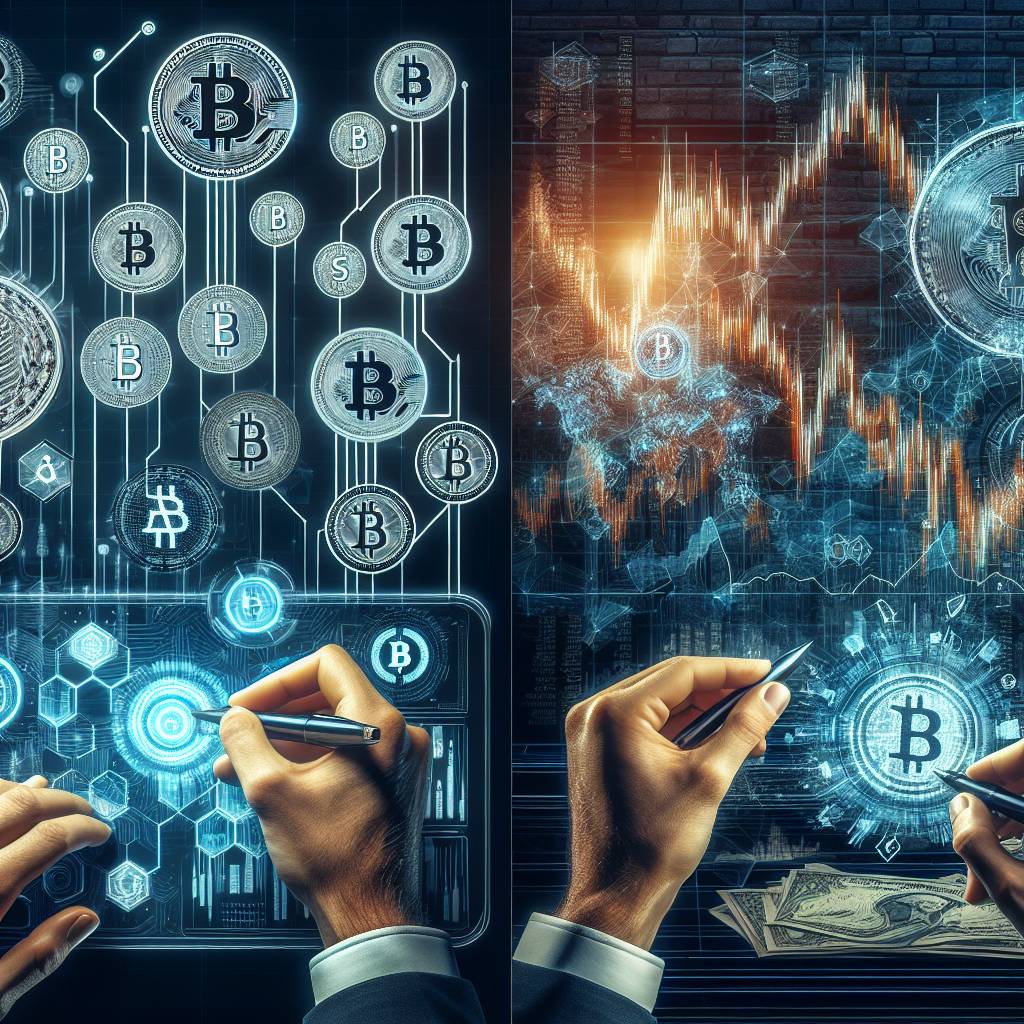What are the pros and cons of using decentralized exchanges?
Could you please provide a detailed explanation of the advantages and disadvantages of utilizing decentralized exchanges in the context of the cryptocurrency market?

3 answers
- Decentralized exchanges offer several benefits in the cryptocurrency market. Firstly, they provide users with enhanced security and privacy. Since decentralized exchanges operate on a blockchain network, they eliminate the need for a central authority, reducing the risk of hacking or data breaches. Additionally, decentralized exchanges allow users to retain control of their funds, eliminating the need to trust a third party with their assets. Secondly, decentralized exchanges offer greater accessibility. They are open to anyone with an internet connection, allowing users from all over the world to participate in trading activities. Moreover, decentralized exchanges often have lower fees compared to centralized exchanges, making them more cost-effective for traders. However, decentralized exchanges also have their drawbacks. One major disadvantage is the lack of liquidity. Due to the decentralized nature, trading volumes on these exchanges can be lower compared to centralized exchanges, resulting in less liquidity and potentially impacting the execution of large trades. Additionally, decentralized exchanges may have a steeper learning curve for beginners, as they often require users to have a certain level of technical knowledge to navigate the platforms effectively. Overall, while decentralized exchanges offer enhanced security and accessibility, users should consider the potential drawbacks before deciding to use them.
 Jan 16, 2022 · 3 years ago
Jan 16, 2022 · 3 years ago - Decentralized exchanges have become increasingly popular in the cryptocurrency market due to their unique advantages. One of the main benefits is the enhanced security they provide. Unlike centralized exchanges, decentralized exchanges do not hold users' funds, reducing the risk of theft or hacking. Additionally, decentralized exchanges offer greater privacy, as users do not need to provide personal information or go through a KYC process. Another advantage is the elimination of a single point of failure. Since decentralized exchanges operate on a blockchain network, they are resistant to censorship and cannot be shut down by a central authority. However, there are also some downsides to using decentralized exchanges. One of the main challenges is the lack of liquidity. Since decentralized exchanges rely on peer-to-peer trading, the trading volume can be lower compared to centralized exchanges, resulting in less liquidity and potentially impacting the execution of trades. Moreover, decentralized exchanges may have limited trading pairs and fewer advanced trading features compared to centralized exchanges. Overall, while decentralized exchanges offer enhanced security and privacy, users should consider the potential limitations before choosing to trade on these platforms.
 Jan 16, 2022 · 3 years ago
Jan 16, 2022 · 3 years ago - Decentralized exchanges, such as BYDFi, have gained attention in the cryptocurrency market for their unique features. One of the main advantages of using decentralized exchanges is the enhanced security they offer. Unlike centralized exchanges, decentralized exchanges do not hold users' funds, reducing the risk of theft or hacking. Additionally, decentralized exchanges operate on a blockchain network, which provides transparency and immutability to transactions. Another benefit is the greater privacy provided by decentralized exchanges. Users do not need to provide personal information or go through a KYC process, ensuring their anonymity. However, there are also some drawbacks to using decentralized exchanges. One of the main challenges is the lack of liquidity. Since decentralized exchanges rely on peer-to-peer trading, the trading volume can be lower compared to centralized exchanges, resulting in less liquidity and potentially impacting the execution of trades. Moreover, decentralized exchanges may have limited trading pairs and fewer advanced trading features compared to centralized exchanges. Overall, while decentralized exchanges offer enhanced security and privacy, users should consider the potential limitations before choosing to trade on these platforms.
 Jan 16, 2022 · 3 years ago
Jan 16, 2022 · 3 years ago
Related Tags
Hot Questions
- 87
What are the advantages of using cryptocurrency for online transactions?
- 81
What are the best practices for reporting cryptocurrency on my taxes?
- 79
How can I buy Bitcoin with a credit card?
- 78
How can I minimize my tax liability when dealing with cryptocurrencies?
- 60
What are the best digital currencies to invest in right now?
- 51
How can I protect my digital assets from hackers?
- 42
Are there any special tax rules for crypto investors?
- 40
What is the future of blockchain technology?